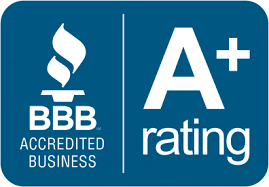Family enterprises contribute 54% of private sector Gross Domestic Product (GDP), yet 43% of these businesses lack a formal succession plan. While these figures may be startling, it is understandable that many small business owners are preoccupied with the numerous duties involved in managing their operations.
However, neglecting succession planning can be detrimental, potentially jeopardizing the business and its future.
There are several compelling reasons to establish a succession plan sooner rather than later. Here are two key considerations:
First, consider taxes. Estate taxes may become due upon the owner’s death, and having a proactive approach can help manage these liabilities more effectively. Inadequate preparation could result in losing control over how the business is ultimately distributed.
Second, without a succession plan, the business’s value may decrease significantly if the owner passes away or becomes unexpectedly disabled.
The business succession process typically involves three main steps:
- Define Your Goals: Understanding your objectives simplifies the creation of a plan to achieve them. For example, do you want to ensure future income for yourself and your spouse? What level of involvement do you wish to maintain in the business? Are you aiming to establish a legacy for your family or a charitable cause? What values are important to uphold, perhaps concerning your employees or community?
- Determine Actions to Achieve Your Goals: Various tools can help you achieve your objectives, such as buy/sell agreements, gifting shares, setting up different types of trusts, or even implementing an employee stock ownership plan if you want employees to have a stake in the company’s future.
- Implement the Plan: This step involves putting your ideas into action. After implementation, it’s crucial to review the plan regularly to ensure it stays relevant amidst changing circumstances, such as personal changes, shifts in business profitability, or the death of a key stakeholder.
Remember, a crucial step in business succession is accurately valuing your business.
Business succession is a complex process that involves intricate tax laws and regulations. Before proceeding, it is advisable to consult with legal and tax professionals experienced in this area.



